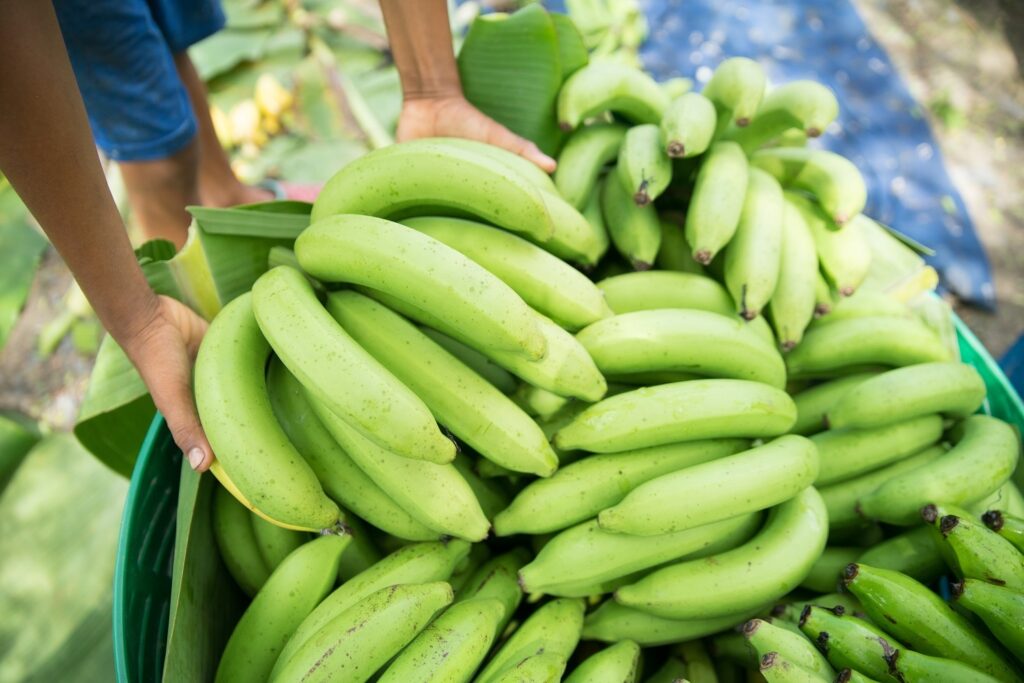Fyffes banana farm first to receive new Rainforest Alliance certification

A Fyffes banana farm in Costa Rica is the first in the world to receive the new 2020 version of the Rainforest Alliance certification, which deploys a new management system approach to environmental, labor, social and economic risks.
Following many years of successful collaboration, Rainforest Alliance chose Fyffes for the field implementation of its new certification. It includes new concepts such as a gender equality programme at the worker level and the implementation of a salary matrix tool (resulting from a previous joint project).
A broader occupational risk assessment mechanism is also introduced, which leads to a comprehensive operations management plan and a clearer business focus towards sustainability, among other objectives.
Jakeline Rodriguez, senior associate of Rainforest Alliance says it chose to work with Fyffes because of the positive track record with the use of the Rainforest Alliance standard and due to the successful partnership in previous projects, such as the Living Wage project in Belize.
“With this new milestone, Fyffes reaffirms its global leadership strategy in sustainability-related compliance,” says Hugo Hays, global director of compliance and food safety at Fyffes.
"Our commitment to facilitating the development of progressive, pragmatic and innovative solutions together with sustainability standards is once again demonstrated, and it helps strengthen the trust so demanded by our customers."
The new certification standard requires the development of a management system that focuses on the mitigation and elimination of risks, therefore requiring the implementation of preventive and corrective actions. It also requires the standardization of the management system in all farms based on established procedures and controls and a comprehensive management plan in which all activities around the operation are considered.
In addition, the new standard promotes the prevention and elimination of human rights violations and compliance with national legislation. As an example, it introduced the issue of gender equality to all farm workers and employees and the development of a broader labor risk assessment mechanism.
Among its positive aspects, the new standard also contributes to creating a differentiation in the commercialization of the product, since it requires shared responsibility agreements between the farm and the buyers that meet Rainforest Alliance’s new Sustainability Differential and Sustainability Investments requirements.







































